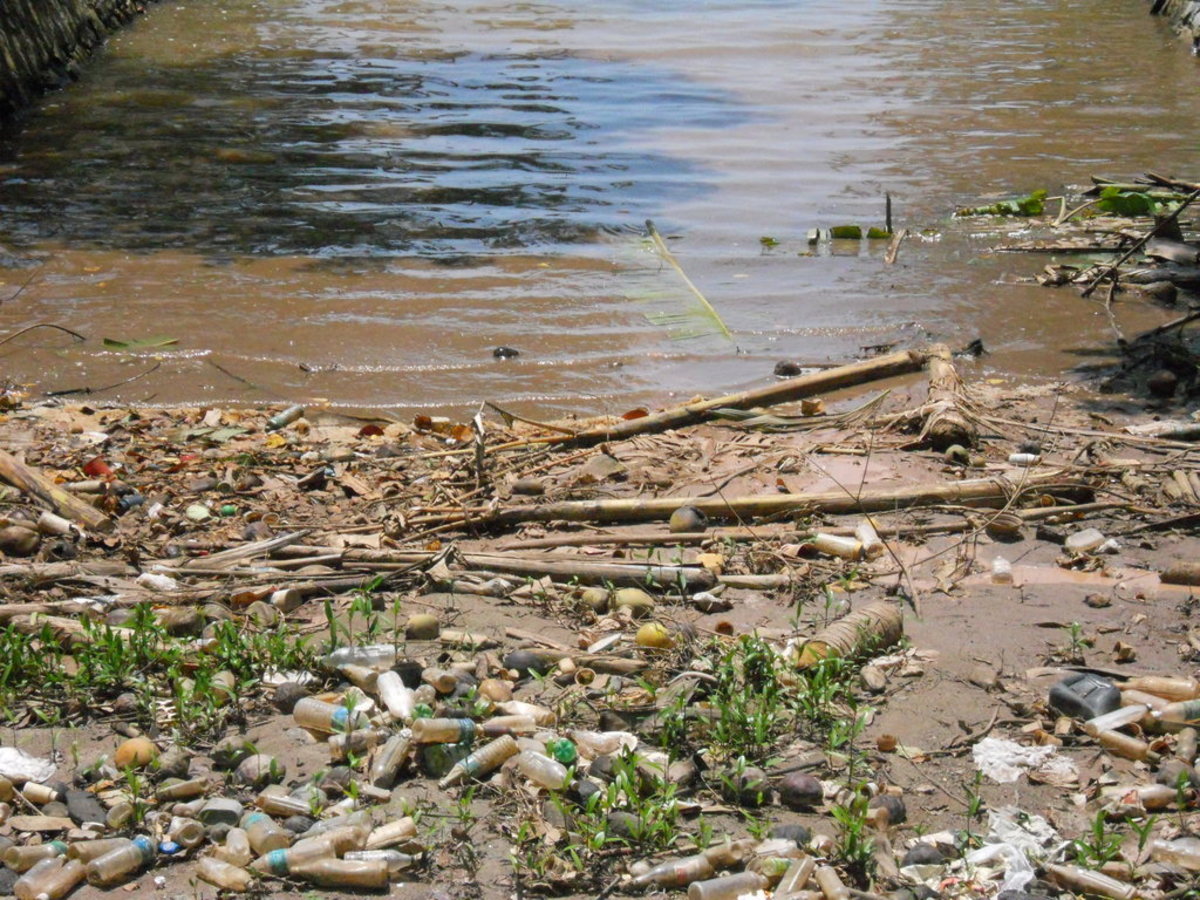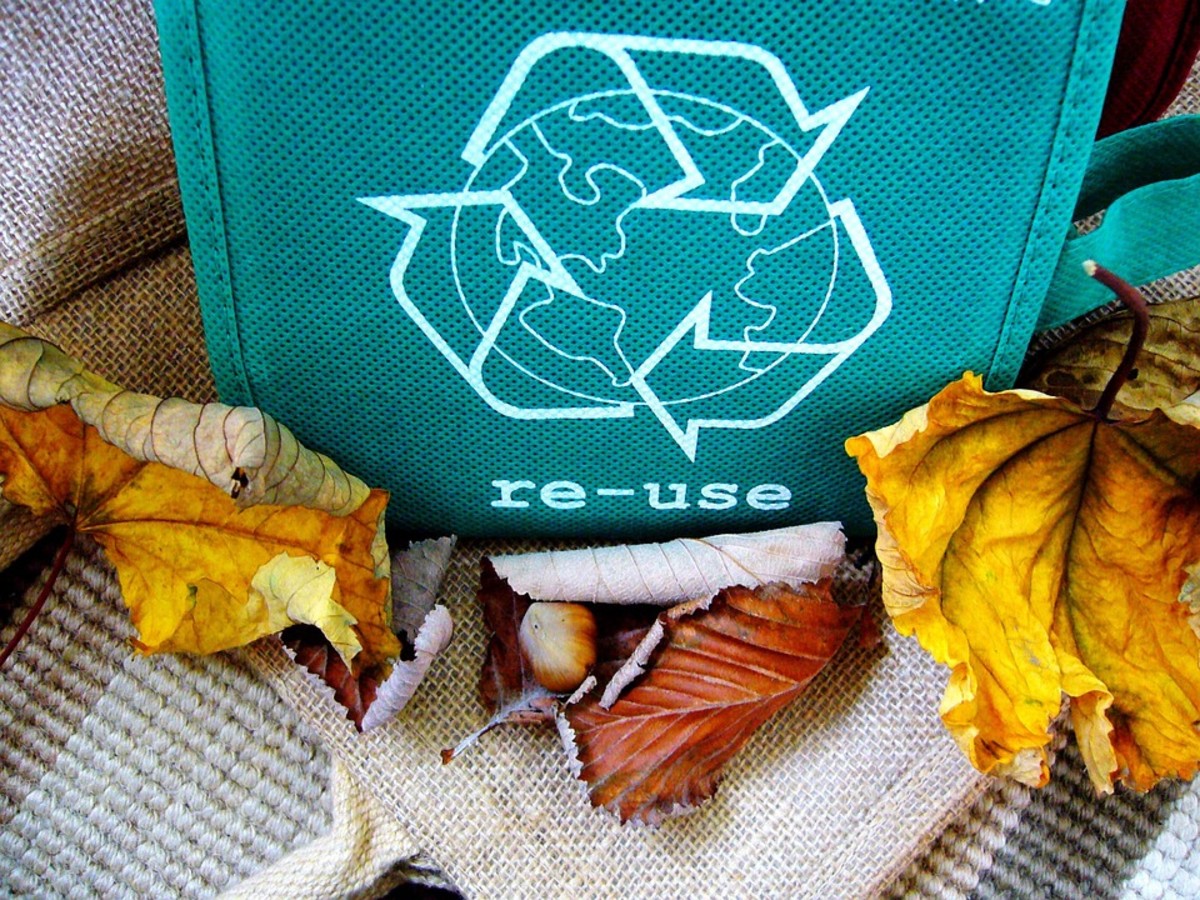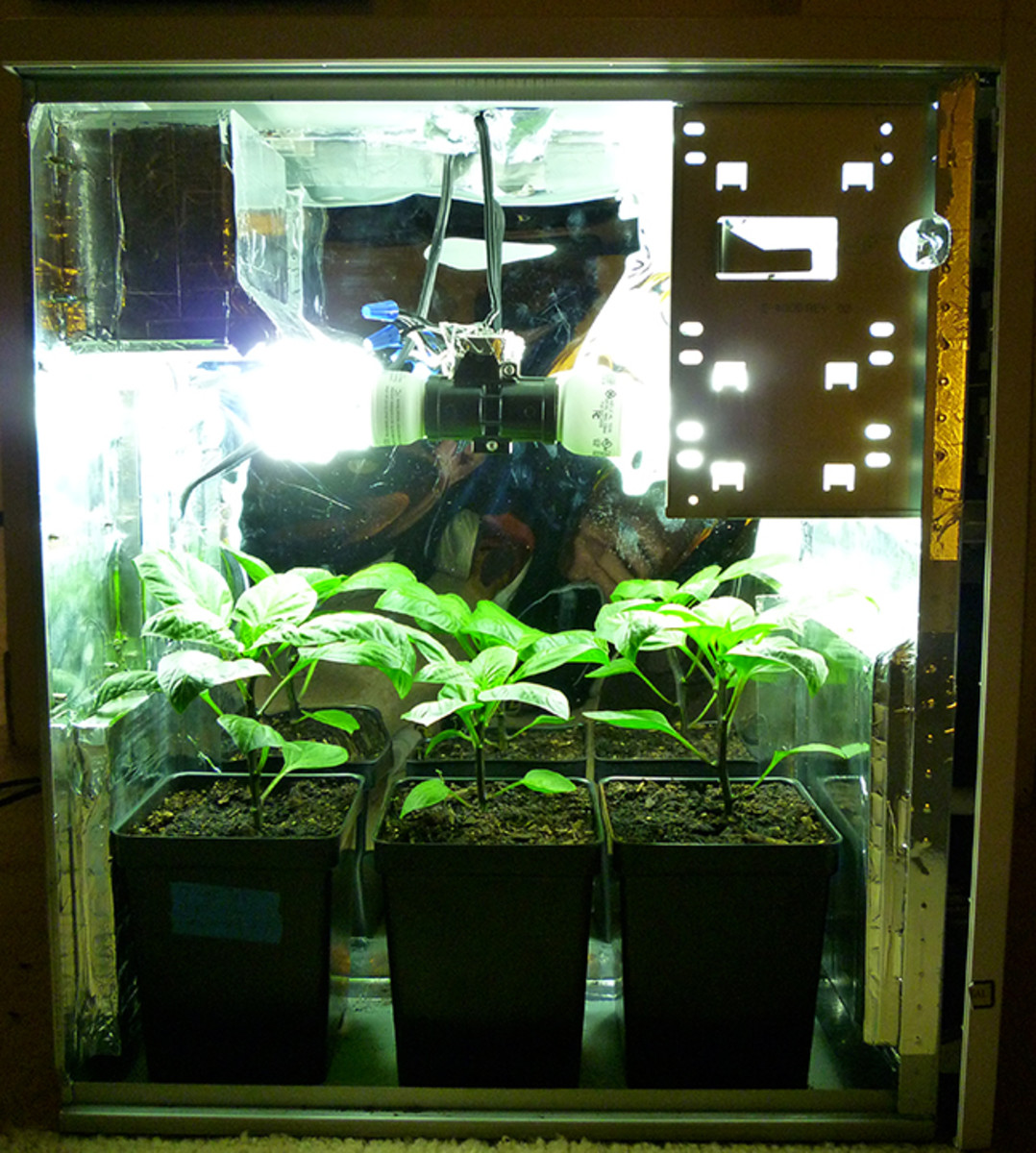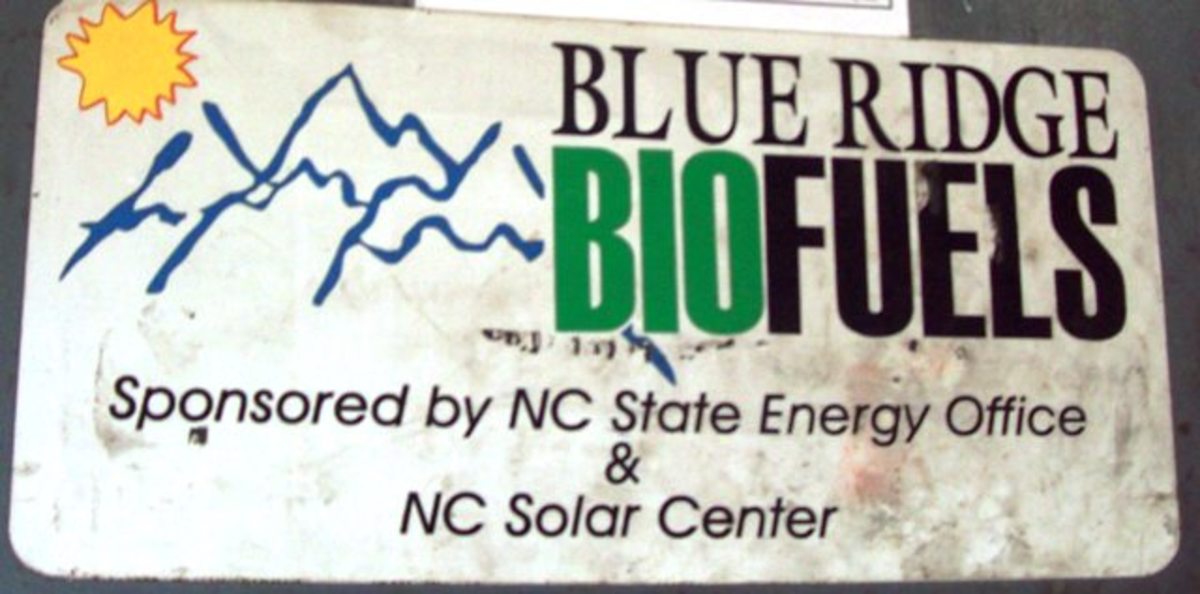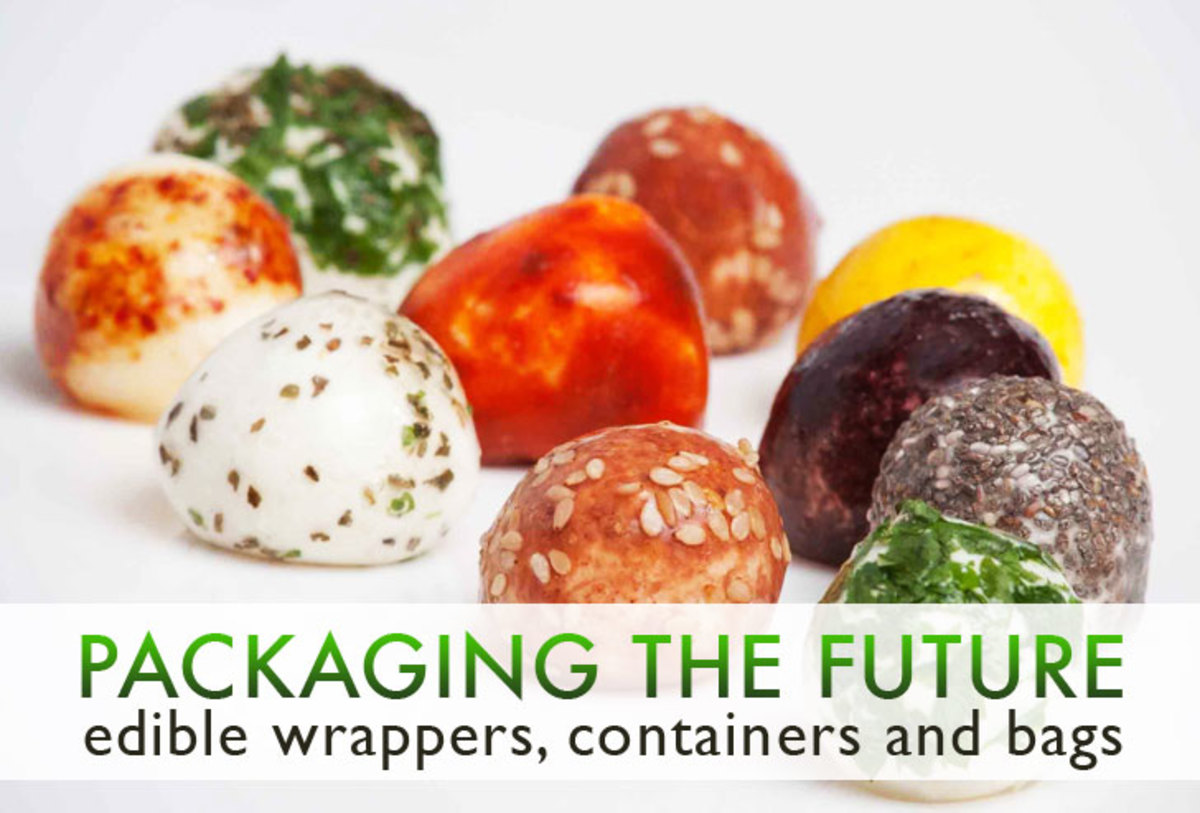How Nanotechnology Can Reduce Water Pollution
How Nanotechnology Can Help With Water Pollution
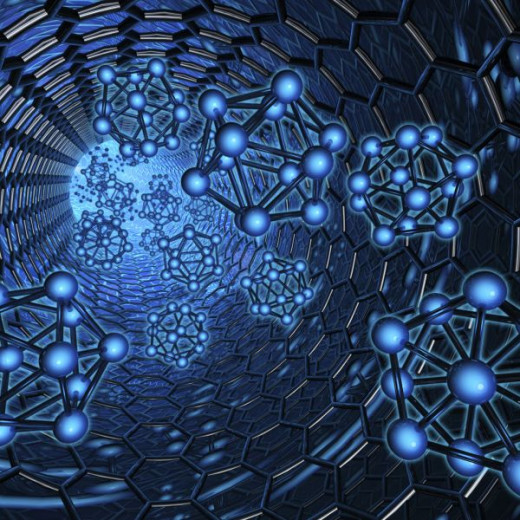
Water pollution is a huge problem. Sadly, this is an issue that seems to keep getting worse. It is believed that by the year 2050, 47% of the human population will not have access to drinkable water.
This is a frighteningly high number, as water scarcity is looking to become a reality.
When resources become scarce, the worst human actions are always brought out.
Water conflicts are currently happening around the world, in places such as the Middle East and Sudan.
Looking at the current water issues, we face today, the need to find a solution to clean pollutes waters is necessary.
And it is here where nanotechnology comes into play.
Removing Industrial Water Pollution

Without a doubt, and perhaps one of the significant benefits of considering nanotechnology to solve our water pollution issue, is due in part to industrial water pollution.
Many manufacturers (In America, with around 40% of America's lakes being unsafe for fish and swimming, and abroad) causes massive damage to the environment with the removal of their waste products.
Nanoparticles can be used in converting chemical contamination through a chemical reaction process.
This is not only cost-effective, as pumping will be much more noticeable, but it also doesn't affect the environment (in the sense of digging up and building).
Can Help In Removing Salt and Other Minerals
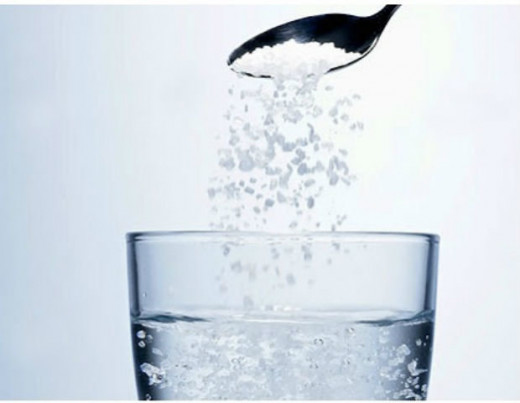
The amount of fresh drinkable water on this planet is estimated at around 2.5% to 2.75%.
This is a staggeringly low number when you consider that nearly 2/3rds of our planet is mostly water.
With nanotechnology, having the ability to turn salt water into drinkable water is perhaps one of the significant benefits.
The process of turning salt and mineralized water into drinking water happens through a deionization process.
During this process, electrodes are used as a sort of magnet that attracts hard minerals to it.
Great For Filtering Out Virus Cells
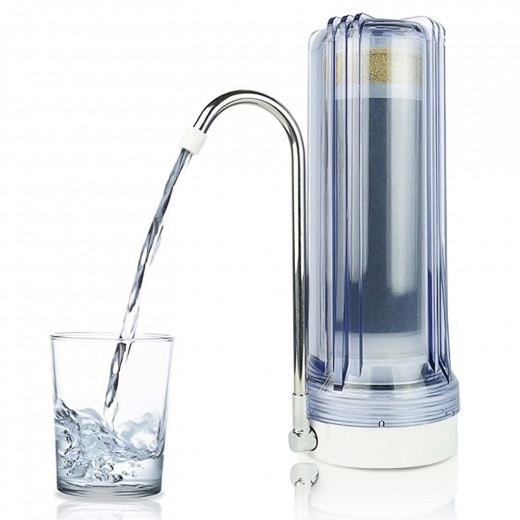
This may surprise many people who use water filters, but traditional water filters do not keep out virus cells.
With a nano water filter (the likes which are being developed and tested) this health threat will no longer be an issue.
Water Water Every Where! But Not A Drop To Drink

Water is a basic necessity for life. Without water, we CANNOT survive.
Water pollution and contamination is a huge concern that must start to get more attention, news-wise, and conscious-wise.
With the human population expected to reach 9.8 billion in 2050 (YES, you read that correctly), the same year where drinkable water will be scarce.

